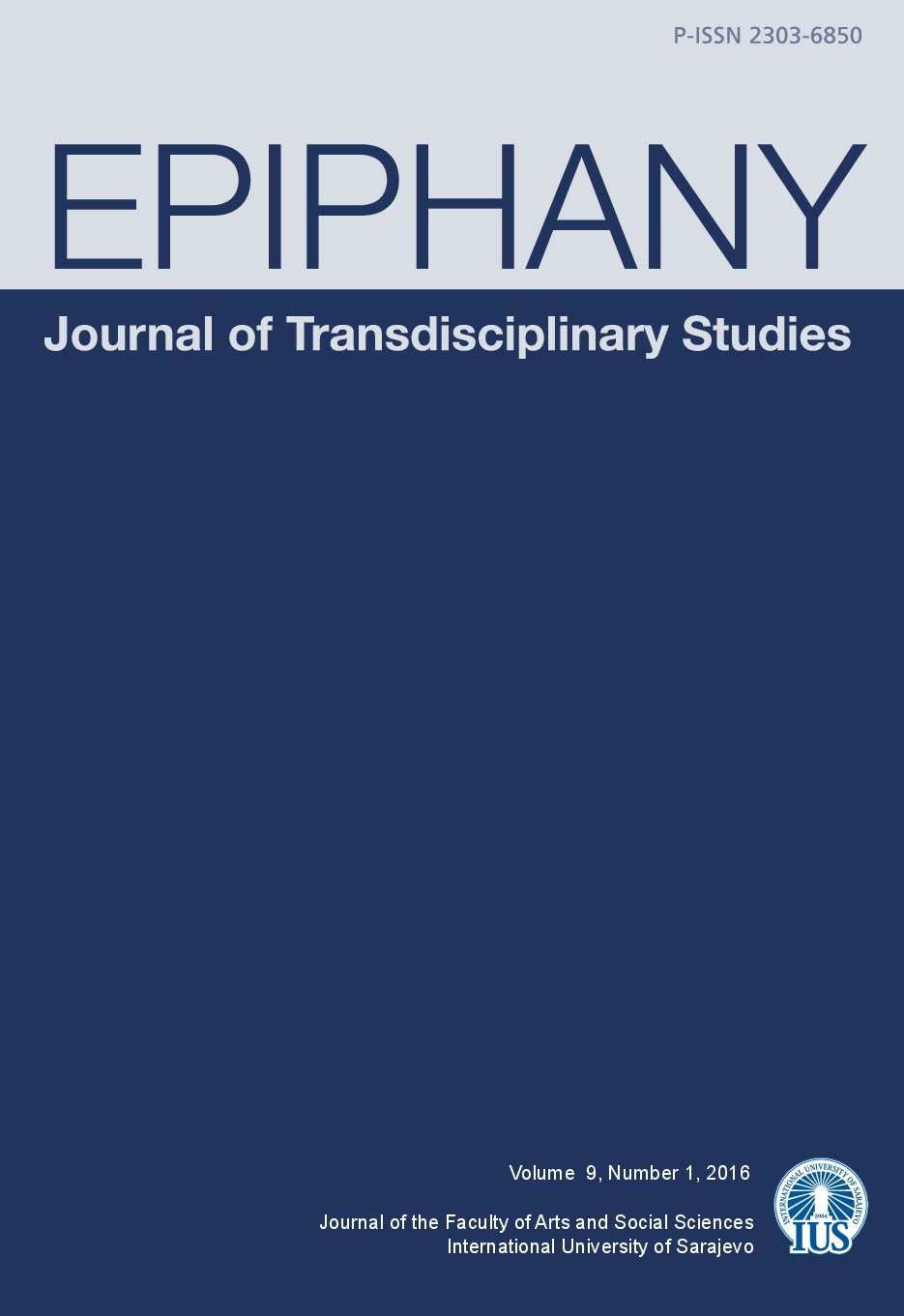Following the Trace of Byronic Hero in Yushij’s Afsaneh
Following the Trace of Byronic Hero in Yushij’s Afsaneh
Author(s): Mohammed Hussein OroskhanSubject(s): Studies of Literature, Recent History (1900 till today), Theory of Literature
Published by: International University of Sarajevo
Keywords: Byronic Hero; Negative Romanticism; Dynamic Organicism; Spirit;
Summary/Abstract: Romanticism broke the hierarchical chain of thought permeated into the society of human being and indeed initiated a new and unprecedented process of thought. Morse Peckham has coined the term “dynamic organicism” and “static mechanism” to describe and distinguish between these two ways of thoughts. Considering “dynamic organicism” as the prominent way of thought in romantic era, he subcategorized it into positive and negative romanticism to better illustrates the works of different romantic writers. As a result, he considers the concept of Byronic hero as the way of symbolizing the state of negative romanticism. In a parallel way the concept of Byronic hero can be explored through NimaYushij’s Afsaneh in the context of Persian modern poetry. In this case, NimaYushij, the father of modern Persian poetry, is believed to have changed the long-establishing way of thinking about poetry by bringing about the same shift of thought as the romantics did. Finally, an attempt is made to prove that Nima’s two characters, the lover and Afsaneh, in Afsaneh conveys the same concept of romantic’s Byronic hero and spirit respectively.
Journal: Epiphany. Journal of Transdisciplinary Studies
- Issue Year: 9/2016
- Issue No: 1
- Page Range: 52-62
- Page Count: 11
- Language: English

